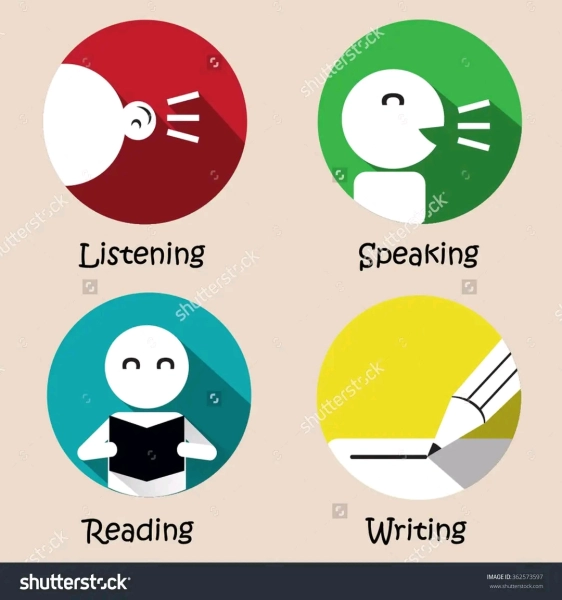profile/4500FB_IMG_15992274191437861.jpg
Kingsley24

~2.8 mins read
We have often heard philosophers asking the question` what is philosophy?' But a group of
sociologists or economists or physicists do not ask so often: What is sociology? what is
economics? or what is physics? It is easier to define such disciplines which are much less
controversial. This is not the case with philosophy. For some philosophers the central and the
most fundamental philosophical question is the nature of philosophy itself. Some have thought
that philosophy is the `queen of all sciences'. For some others, philosophy is not a science at all.
Some have argued that philosophy deals with the ultimate constituents of the world, while others
have rejected even the possibility of such an enquiry. Some have expressed that it is a rational
activity; but still others do not agree that reason is essential, or they are not convinced that there
are any convincing arguments in philosophy at all. The present block, consisting of 5 units,
introduces philosophy taking into account its various meanings.
Unit 1on “Definition, Scope and Importance of Philosophy” gives a clear idea about philosophy,
by giving a definition, which becomes clarified in the process of the course. The difference of
meaning of the terms ‘philosophy’ and ‘philosophizing’ have been clearly explained. The unit
expresses the conviction that philosophy is more related to wisdom than to knowledge. Finally,
the unit concludes with a short consideration of the scope and importance of philosophy.
Unit 2 highlights the complementarity of different philosophical disciplines. The disciplines of
philosophy are mutually related in one way or other. There is a specific kind of complementarity
among all of them. Watertight compartmentalization of the branches of philosophy could harm
the genuine purpose of philosophizing. For, philosophy is a comprehensive approach to life and
the world, closely related to the main areas of human experience, which unifies the results of the
views and insight of moral philosophy, aesthetics, religion etc.
Unit 3 explains that a philosophical method is established through logical reasoning, i.e., through
deduction, induction, synthesis, or analysis. The characteristic feature of philosophy is the
existence of different methods in it. The Western philosophy’s preoccupation with ‘the problem
of the bridge’, or the problem of dichotomy of the subject and object, probably necessitated its
frequent emphasis on certainty and truth, invariably inherent in all its philosophical methods too.
It is not wrong to say that pramanas constitute the method in Indian philosophy. There is also the
well-known purvapaksha sidhanta method by which every school first states the rival positions
that are then criticized and shown to be untenable.
Unit 4 discusses important philosophical terms and clarifies their meanings. Many terms in
Philosophy may seem strange to a student because of their foreign origin, either Greek or Latin,
which were the languages of philosophy for many centuries in the West. Hence if a student is
familiar with the seemingly strange terms in philosophy, it can make the study of philosophy
easier and the comprehension of the subject faster.
The last Unit, “An Overview of Western Philosophies,” outlines the Western Philosophies from
a chronological point of view, namely, ancient, medieval, modern and contemporary western
philosophies. These overviews reveal that all questions about reality are also questions about
ourselves and the way we interpret our knowledge about reality. They bear testimony to the fact that the questioning capacity and nature of humans – under the basic thrust of skepticism,
idealism, rationalism and positivism – are also existential questions.
The above given 5 units will give you basic understanding of philosophy required to grasp the
profound reflections of great philosophers and their systems. In addition, this block will
introduce you to the art of philosophizing.
profile/4500FB_IMG_15992274191437861.jpg
Kingsley24

English Improvement
~2.4 mins read
# **Improve English Language.**
When we learn our native language, first we listen, then we speak, then we read and finally we write. Listening, speaking, reading and writing are the four language skills we need to develop for complete communication.
1. ** Listening**
1. ** Speaking**
1. ** Reading**
1. ** Writing **
When we achieve this four skills, we will able to improve English Language.
Listening and reading are receptive: input, i.e. the exposure you have to authentic language in use. Speaking and writing are productive: output, i.e. the action of producing language as part of the process of second language learning.
Practice makes perfect, which means that want to improve a certain skill you have to practice the following four skills. So, we will need to practice the mentioned four skills at beginning, period.
> **Listening:**
Listening is an important skill that allows us to receive, understand and evaluate information that is communicated to us. As human beings, we seek to interact on a daily basis with each other. Listening is also a tool that helps us to tailor our approach when communicating with others on different levels and gives us the ability to either present or receive response. Everyone’s level of listening is different given variables such as time, place, feelings, beliefs etc.
> **Speaking:**
It is often the hardest of the four language skills, but as soon as we can speak a little English there are lots of ways to improve quickly and have tons of fun. If we think in your native language and then try to speak English, we’ll always have to translate between languages. Translating isn’t an easy thing to do! Even people fluent in two or more languages have trouble switching between languages. The solution is to think in English. We’ll notice that when we think in English, it’s easier for us to speak in English, too. Whenever we can, take a few minutes out of our day to stand in front of the mirror and speak. Choose a topic, set a timer for two or three minutes and just talk. Watch your mouth, face and body language at the time of exercise. When we speak in English, how often do we stop? The more we stop, the less confident and the less comfortable.
> ** Reading:**
If we want to learn English more quickly, lots of reading is important. The more we read, the more input our brain gets about how the language works. When we read in English, we can improve our vocabulary, our grammar, and our writing skills at the same time.
Reading is the best way to improve our vocabulary! The context of articles, stories, and conversations helps our figure out and understand the meaning of English words in the text that are new to us.
> **Writing**
Writing skills include all the knowledge and abilities related to expressing ourselves through the written word. It is a sound understanding of language through grammar, spelling and punctuation.
People with excellent writing skills can tailor their tone and word choice to different situations and people. In general, writing should follow the extensive reading stage. It offers us the chance to actively use new words so that acquire even more meaning.
Advertisement

Link socials
Matches
Loading...
